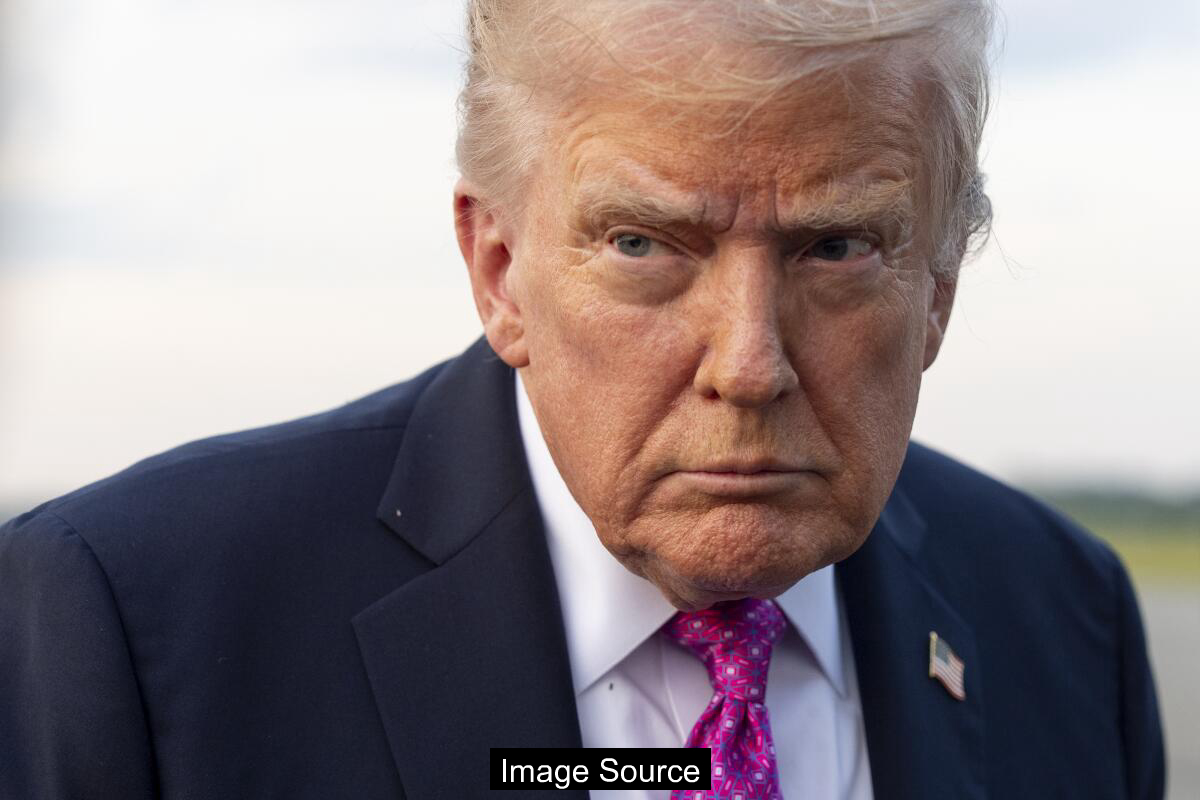Former President Donald Trump has weighed in on the ongoing negotiations surrounding TikTok’s potential sale to Oracle and Walmart, a deal that could prevent the social media platform from being banned in the United States. The proposed transaction comes amid heightened tensions between the U.S. government and ByteDance, TikTok’s Chinese parent company, over national security concerns related to data privacy and potential foreign surveillance.

TikTok’s Complex Political Landscape
TikTok has become a pivotal technology platform entangled in complex geopolitical tensions between the United States and China. The short-form video app, owned by ByteDance, has faced persistent scrutiny from both Republican and Democratic administrations over national security concerns. Lawmakers have repeatedly questioned the potential risks of Chinese ownership of a platform used by over 170 million Americans.
The platform’s journey has been marked by legal challenges and political maneuvering. During Trump’s first term, an executive order sought to force ByteDance to divest TikTok’s U.S. operations, which was subsequently blocked by a federal judge. The Biden administration continued the scrutiny, ultimately signing legislation requiring ByteDance to sell TikTok or face a nationwide ban.
The Supreme Court’s recent upholding of the ban legislation represented a critical turning point. This decision placed immense pressure on ByteDance to find a viable solution that would preserve TikTok’s massive U.S. user base while addressing national security concerns.
Origins and Rapid Growth
TikTok emerged in 2016 when ByteDance launched Douyin in China and subsequently released its international version. The platform’s aggressive marketing strategy and partnerships with content creators fueled its explosive growth. By purchasing Musical.ly, another popular short-form video platform, TikTok consolidated its market position.
The COVID-19 pandemic significantly accelerated TikTok’s popularity. With people confined at home, the app became a primary source of entertainment and social connection. Its personalized video feed algorithm proved remarkably effective at keeping users engaged for extended periods.
Competing platforms like Instagram and YouTube quickly responded by developing their own short-form video features. This competitive landscape highlighted TikTok’s innovative approach to content creation and consumption.
National Security Concerns
Concerns about TikTok extend beyond mere technological competition. Policymakers from both political parties have expressed fears about potential data privacy risks. The primary worry centers on the possibility that the Chinese government could compel ByteDance to share U.S. user data.
TikTok has consistently denied these allegations, emphasizing that it stores protected U.S. information in Oracle Cloud and maintains a separate data security infrastructure. The company argues that it has never been asked to share user data and would refuse such a request.
Despite these assurances, the persistent geopolitical tensions between the U.S. and China have made TikTok a symbolic battleground. The platform has become a tangible representation of broader technological and economic rivalries between the two nations.
Recent Developments
Recent negotiations between U.S. and Chinese officials suggest a potential breakthrough in the TikTok saga. Treasury Secretary Scott Bessent indicated a ‘framework’ for a deal was emerging, with expectations of finalization by Friday.
President Trump announced he would be speaking directly with Chinese leader Xi Jinping, signaling high-level diplomatic engagement. The potential deal could involve a non-Chinese ownership structure that addresses national security concerns.
Market speculation has been intense, with companies like Oracle seeing stock price increases amid rumors of potential involvement in the transaction.
Understanding the TikTok Ecosystem
TikTok has become more than just a social media platform; it’s a cultural phenomenon that influences music, entertainment, and political communication. Influencers, businesses, and politicians rely on its massive, predominantly young user base.
The platform’s algorithm-driven content discovery mechanism has revolutionized how people consume digital media. Users can spend hours scrolling through personalized video feeds that cater to their specific interests.
For many content creators, TikTok represents a critical economic ecosystem. The potential ban has raised significant concerns about the livelihoods of creators who depend on the platform for income and exposure.
Future Outlook
The ongoing negotiations represent a critical moment for TikTok’s future in the United States. The potential resolution could set precedents for how international technology platforms navigate complex geopolitical landscapes.
Regardless of the outcome, the TikTok saga underscores the increasing intersection of technology, national security, and international diplomacy. The resolution will likely have far-reaching implications for global technology governance.
As negotiations continue, stakeholders from technology companies, governments, and user communities will be watching closely to see how this complex situation unfolds.
※ This article summarizes publicly available reporting and is provided for general information only. It is not legal, medical, or investment advice. Please consult a qualified professional for decisions.
Source: latimes.com